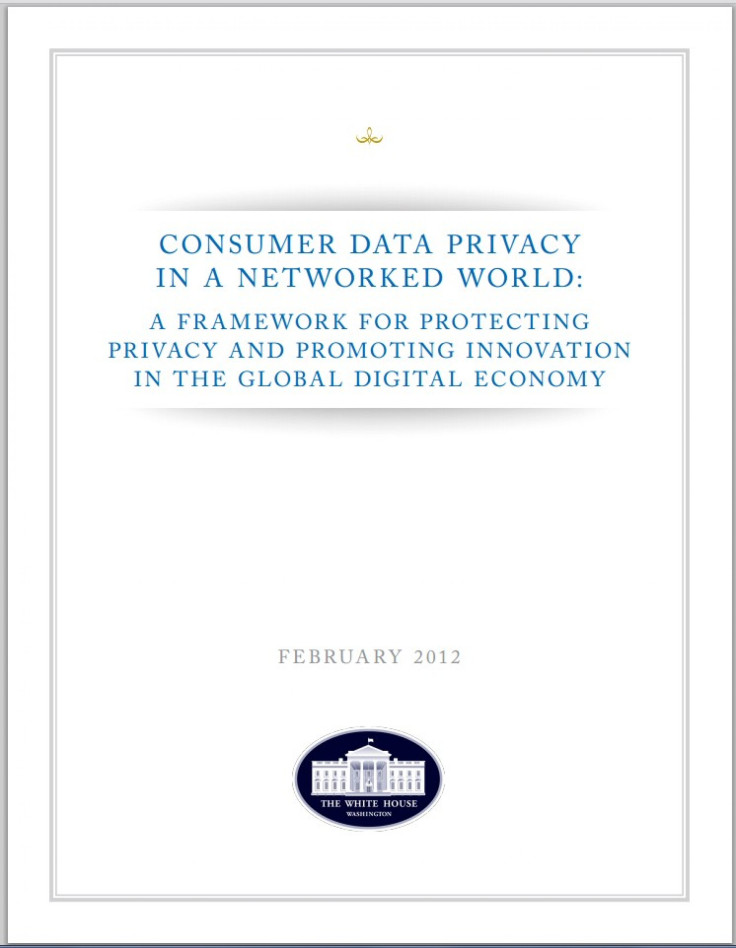IBM Researcher Devises 'Identity Mixer' For Online Privacy
New IBM Electronic ID Could Enhance Privacy

Is there a way to use e-mail and Internet shopping without disclosing too much personal information?
A lead scientist at the Zurich Research Center of International Business Machines Corp. (NYSE:IBM) has devised one called Identity Mixer, which he believes can deal with privacy online and allow others to get just the data they require.
For example, a bartender in the U.S., where the drinking age is 21, may need to know if a patron is 21, but not the patron's address or name.
Another example: A college conducting student evaluations of faculty could use the technology to determine whether respondents actually took the course they're evaluating, without disclosing their names to the registrar. Or the professor.
“The idea is to authenticate only the minimally necessary information for authentication,” said IBM Fellow Jan Camenisch. “We want to deal with a digital society that requires electronic authentication.”
Camenisch said there may be higher concern for online privacy in the European Union, which has funded some of the research, than in the U.S. The EU has launched a program called FutureID that seeks to ensure that government-issued identity cards don't divulge more personal data than required for appropriate parties.
IBM, of Armonk, N.Y., is conducting trials to make sure that users get the OKs they require while protecting as much data as needed. Camenisch said information technology companies can obtain the appropriate information for download or possible future licensing.
The researcher said Identity Mixer works by issuing various electronic “tokens” that verify user information contained in a third-party database. For example, the token could verify age or that a user is indeed a customer of a merchandiser or financial services supplier.
At least one college has already tried an experiment with the system for course evaluations, he said.
Under a pilot dubbed ABC4Trust, the Research Academic Computer Technology Institute in Greece has successfully conducted student polling, faculty rankings and evaluations for 18 months, Camenisch said. The pilot appears to be replicable elsewhere.
As well, IBM hopes to make Identity Mixer the backbone for FutureID, a project introduced by the EU last month. Camenisch said there could be large savings if deployed in national health insurance plans and other programs.
Over the past 15 months, following its acquisition of private Q1 Labs of Waltham, Mass., IBM has set up a security unit now called IBM Security Services, which competes with other specialists in the field including Symantec (NASDAQ:SYMC), the McAfee unit of Intel Corp. (NASDAQ:INTC) and the RSA unit of EMC Corp. (NYSE:EMC).
Shares of IBM rose $1.97 to $193.63 in Monday trading. Including dividends, they've gained more than 7 percent this year.
© Copyright IBTimes 2024. All rights reserved.












